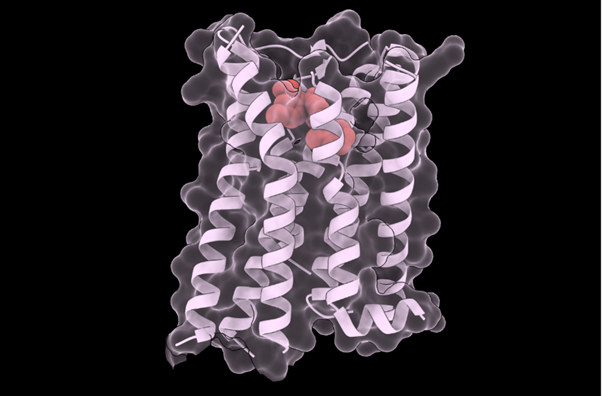A review confirms major differences in the cardiometabolic side effects of 30 antidepressants
Different antidepressant drugs cause different side effects in the body, in parameters such as heart rate, blood pressure or body weight, according to a meta-analysis published by The Lancet. For example, agomelatine administration is associated with weight loss, while other molecules such as maprotiline are associated with weight gain. The research brings together 151 studies and 17 reports from the US Food and Drug Administration (FDA), including more than 58,000 people and comparing 30 antidepressant drugs with a placebo.









